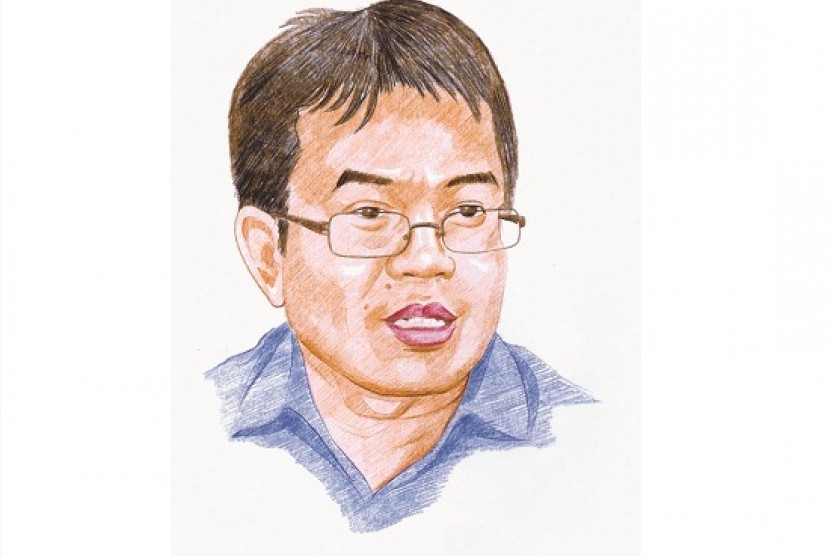REPUBLIKA.CO.ID, By: Yudi Latif
Education and process of acculturation are two important things to humanize human, which have pragmatic values to improve people welfare.
"A nation's progress depends on educational system and its young generation," Father of National Education of Indonesia, Kihadjar Dewanta said. For him, education is like a vehicle to make Indonesia as developed country, dignified, prosperous and free-born mind. He also has a wonderful slogan, "Life-long learning."
Indian economist and a Nobel laureate, Amartya Sen (1999) defined education as one of social opportunities to create fundamental freedom of people to live better. Access to education is one of social opportunities to achieve life standard. It is also important as main step to participate in politic, economic and cultural activities widely.
For example, illiteracy will be main obstacle for someone to participate in economic activities that require the ability to read and write. Similar case happens in political participation of citizens. Low level of education will obstruct one's political participation in various activities. Education is the most crucial thing and a key to the progress and prosperity of the nation.
Therefore, state guarantee over the rights of teaching and studying is an effort to realize the strategic dimension of justice and social welfare. It is explained clearly at Sen's idea on economic welfare.
He saw that the high GDP income did not make people live better automatically, such as poor people in Kerala, India who had high life expectancy than African-American population in United States. The statement that, "low income causes poverty" is too simple. For Sen, there is other fundamental reason why these people emerged. "Human development is an ally for the poor."
Similar participation in economic sector as basic of justice and welfare requires unequal access to information, or 'asymmetric information,' Joseph E. Stiglitz (2008) said. The way to prevent it is through the equality of citizens to access information and education.
State guarantees over the rights of teaching were also important in getting simultaneity between economic growth and economic equality. Growth and equity in Pancasila are not options, but both must be aligned. Stiglitz (2008) carried out an observation over gobal economy in 2008. The growth could not be exchanged by equalization. Sustainable economic growth should be an inclusive growth and citizens should get benefit from it.
'The trickledown effect' is a blessing growth. For him, government could increase growth by expanding equity, especially human resources It is the most important key in developing the equalization.
In this context, government's policy to encourage the equitable distribution of economic protection is not the solution, but more effectively through social protection, such as the provision of educational opportunities and social security for all. Modern economy requires individuals who dare to take risks, so it needs social working safety through the strengthening of social solidarity as a source of social security.
The founders of nation realize the importance of education for the honor, civility and people welfare.
The author of Bintang India Magazine, Abdul Rivai introduced the term of 'nobility of mind' to re-measure the honor. He said, "There is no time to talk about the origins of nobility as its presence is a destiny."
It means, if we have noble ancestors, then we are also called noblemen, although our knowledge and achievements are like frogs under coconut shells. Currently, knowledge and achievement will determine a person's honor. This situation gave birth to 'nobility of mind.'



